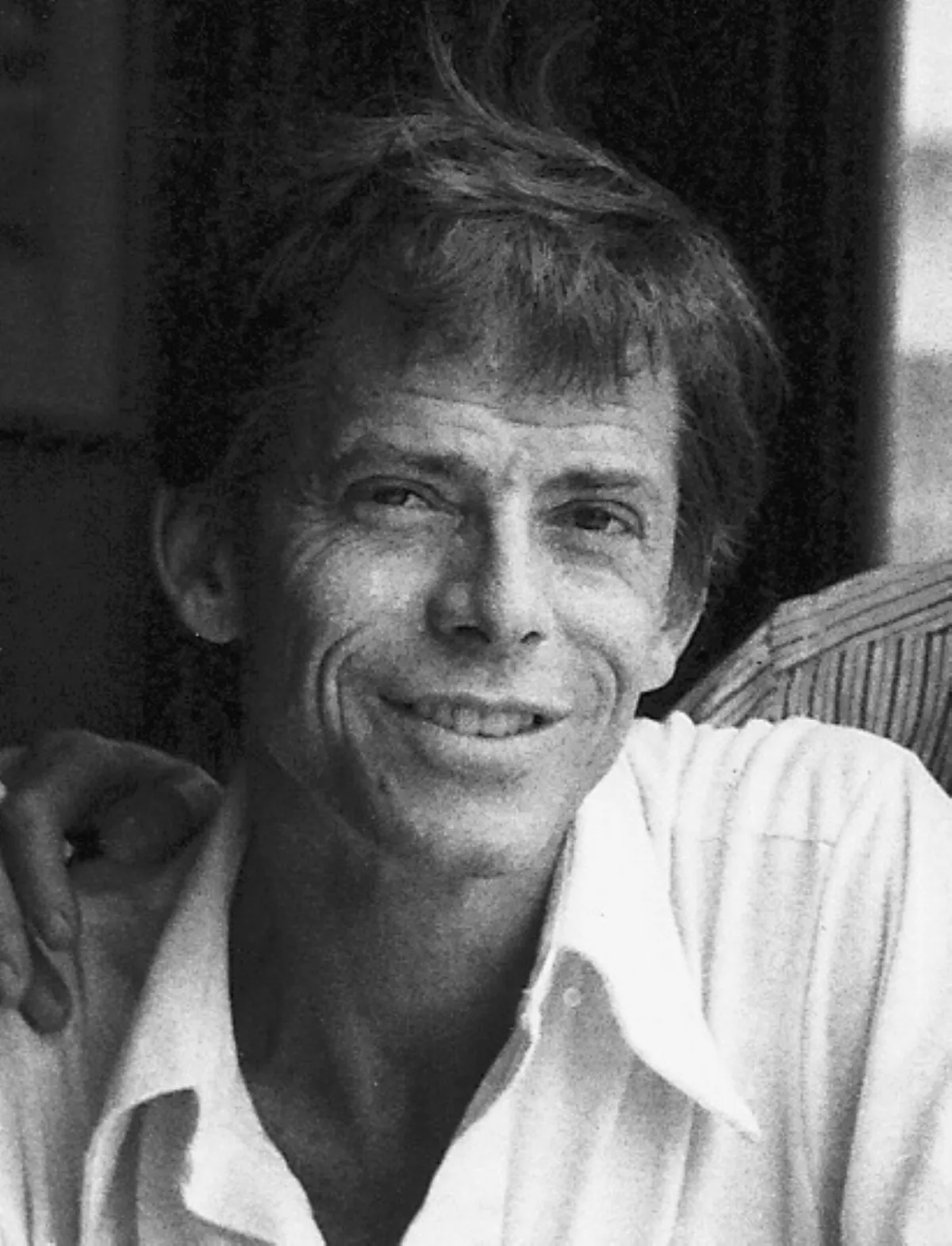 1.
1. James Merrill was awarded the Pulitzer Prize for poetry in 1977 for Divine Comedies.

 1.
1. James Merrill was awarded the Pulitzer Prize for poetry in 1977 for Divine Comedies.
James Merrill's poetry falls into two distinct bodies of work: the polished and formalist lyric poetry of his early career, and the epic narrative of occult communication with spirits and angels, titled The Changing Light at Sandover, which dominated his later career.
James Ingram Merrill was born in New York City, to Charles E Merrill, the founding partner of the Merrill Lynch investment firm, and Hellen Ingram Merrill, a society reporter and publisher from Jacksonville, Florida.
James Merrill was born at a residence which would become the site of the Greenwich Village townhouse explosion, which Merrill would lament in the poem "18 West 11th Street".
From 1936 to 1938, James Merrill attended St Bernard's, a prestigious New York grammar school.
When James Merrill was 16 years old, his father collected his short stories and poems and published them as a surprise under the name Jim's Book.
James Merrill was drafted in 1944 into the United States Army and served for eight months.
James Merrill met filmmaker Maya Deren in 1945 and the poet Elizabeth Bishop a few years later, giving critical financial assistance to both and providing funds to hundreds of other writers, often anonymously.
James Merrill served as a Chancellor of the Academy of American Poets from 1979 until his death.
James Merrill was honored in mid-career with the Bollingen Prize in 1973.
James Merrill received the National Book Critics Circle Award in 1983 for his epic poem The Changing Light at Sandover.
James Merrill garnered the National Book Award for Poetry twice, in 1967 for Nights and Days and in 1979 for Mirabell: Books of Number.
James Merrill was elected a Fellow of the American Academy of Arts and Sciences in 1978.
James Merrill did not hesitate to alter small autobiographical details to improve a poem's logic, or to serve an environmental, aesthetic, or spiritual theme.
Already established in the 1970s among the finest poets of his generation, James Merrill made a surprising detour when he began incorporating extensive occult messages into his work.